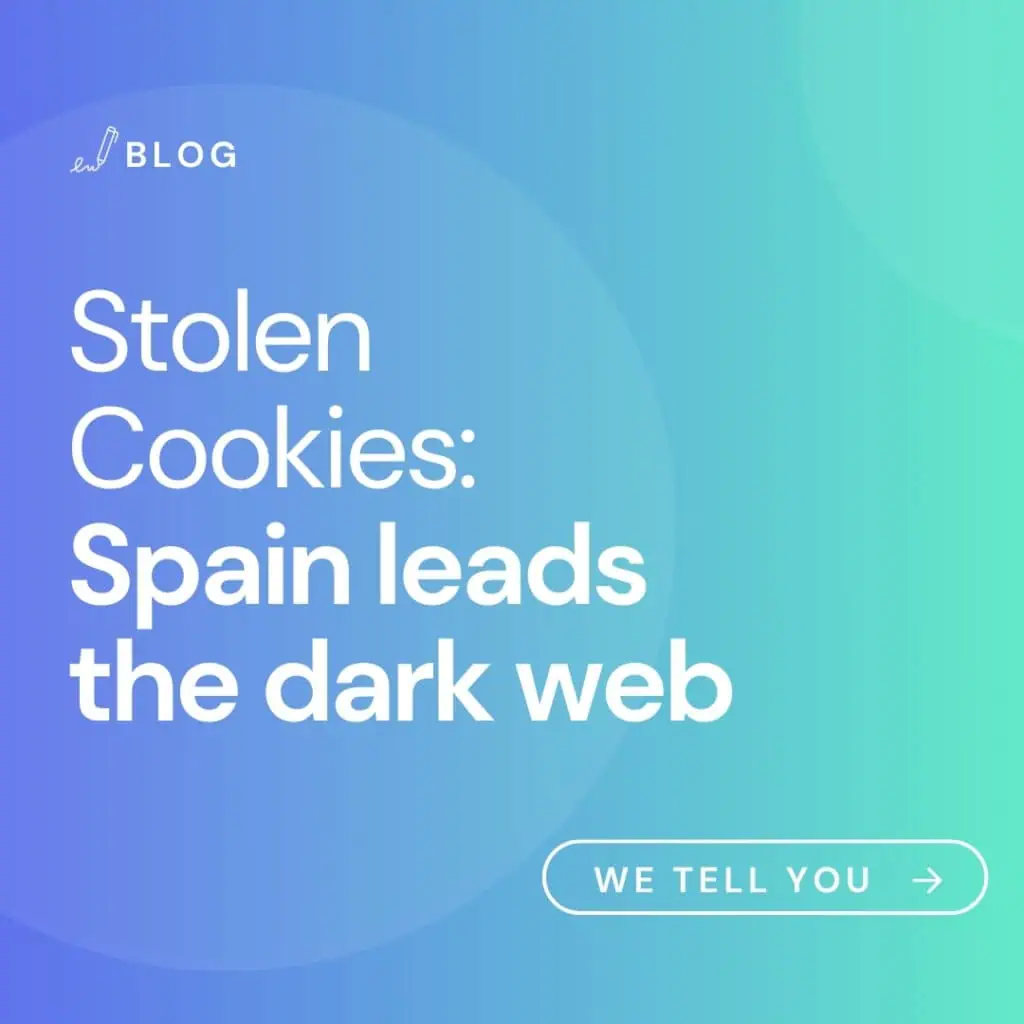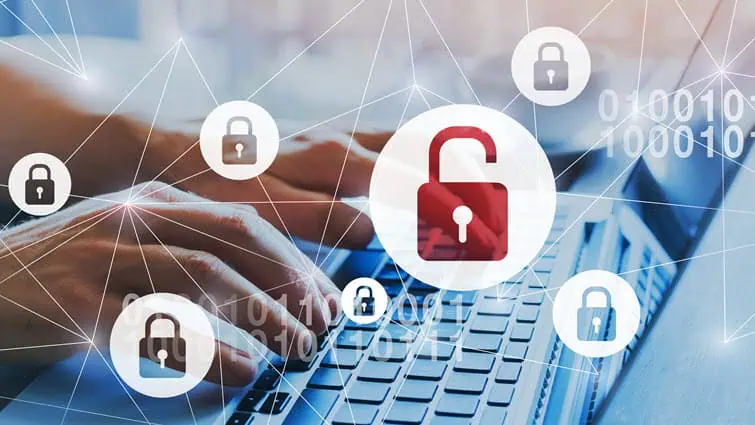
More than 550 million cookies from Spanish users are being sold on the dark web. Here's what they are, why they're dangerous, and how you can minimize the risk for yourself and your users.
A study by NordVPN revealed that Spain is the most affected country in Europe for illegal cookie sales, with over 554 million cookies exposed. Globally, it ranks 20th.
These cookies come from two main sources: data breaches via malware and “legal” transfers to data brokers from websites with vague cookie policies.

Cookies are small files that act as digital keys. In the wrong hands, they can grant direct access to active accounts, such as:
They often contain personally identifiable information (PII), including:
1. “Legal” sharing:
Some websites sell user cookies to data brokers, who then resell them without control over their use.
2. Malware attacks:
Cybercriminals exploit browser vulnerabilities to extract stored cookies from infected devices.
Follow these best practices to reduce your exposure:
Cookies improve your browsing experience, but they can compromise your privacy if misused. The balance lies in accepting only what’s necessary, cleaning your browser regularly, and using tools that enhance security.
At Lawwwing, we help you understand and control these risks: